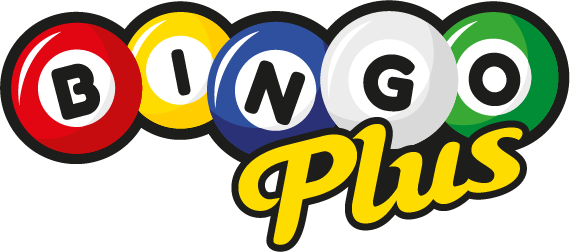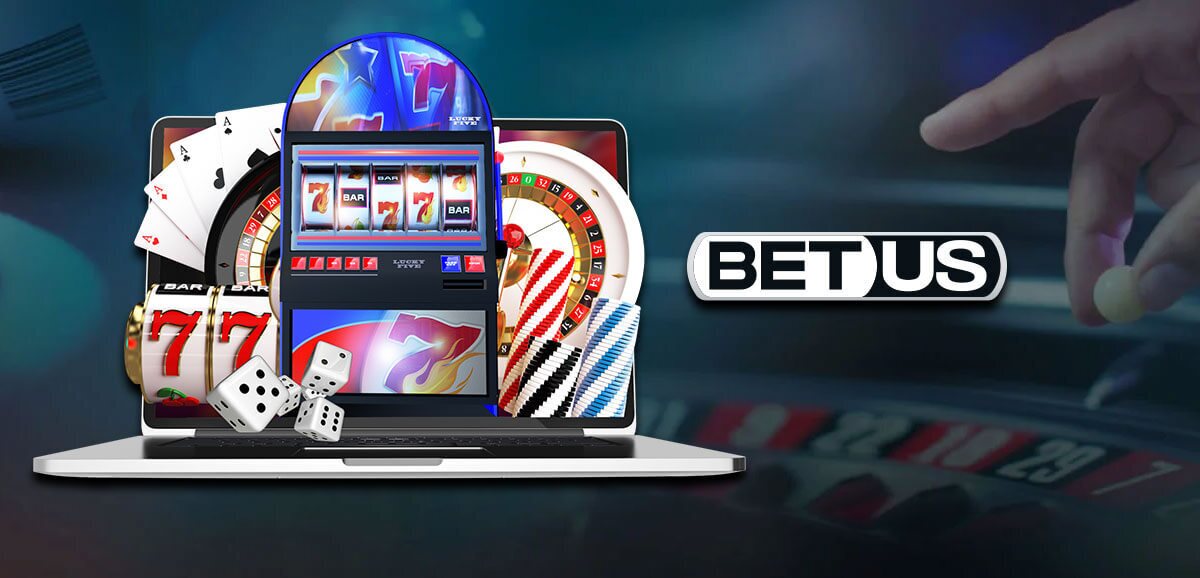In recent years, the landscape of mental health treatment has undergone a significant transformation, embracing innovative approaches that go beyond traditional therapies. One such approach that has garnered attention is the use of online gaming as a therapeutic tool. As gaming technology continues to evolve, it has opened up new avenues for mental health support, offering a unique blend of engagement, community, and cognitive exercises that can be beneficial to individuals facing various mental health challenges.
The Rise of Online Gaming
The global gaming industry has grown exponentially, with millions of players around the world engaging in various forms of gaming, from multiplayer online games (MMOs) to mobile applications. This surge in popularity has not gone unnoticed by mental health professionals, who are beginning to explore the potential therapeutic benefits of gaming. Research has shown that online gaming can offer a range of positive effects, including enhanced problem-solving skills, improved mood, and increased social interaction, all of which can play a role in mental health recovery.
Gaming as a Therapeutic Tool
1. Encouragement of Social Interaction
Many online games foster social connections, allowing players to collaborate, communicate, and build friendships. For individuals struggling with loneliness or social anxiety, these virtual interactions can serve as a bridge to real-world relationships. Game environments create a sense of community where players can engage with others who share similar interests, often providing emotional support and understanding in a non-threatening context.
2. Cognitive and Emotional Benefits
Online games often require strategic thinking, quick decision-making, and adaptability. These cognitive challenges can provide therapeutic benefits, particularly for individuals with attention-related issues or those recovering from trauma. Engaging in gaming can distract from negative thoughts, offering players a way to cope with stress and anxiety. Furthermore, games designed specifically for therapeutic purposes can help players process emotions and develop coping strategies.
3. Biofeedback and Wellness Games
Some games incorporate elements of biofeedback, allowing players to monitor their physiological responses. These wellness games can teach players about stress management, breathing techniques, and mindfulness through interactive gameplay. By connecting emotional and physical responses, players can become more aware of their mental health and learn to self-regulate their emotions effectively.
Therapeutic Gaming Interventions
As recognition of gaming’s potential for mental health treatment grows, several initiatives have emerged that leverage gaming in therapeutic contexts:
1. Video Games for PTSD
Research has explored the use of video games in treating post-traumatic stress disorder (PTSD). Studies indicate that immersive gaming experiences can facilitate exposure therapy, helping individuals confront trauma in a controlled environment. Through guided gameplay, players can process their experiences while benefiting from the game’s narrative structure, which can provide a sense of safety.
2. Cognitive Behavioral Therapy (CBT) Apps
Numerous apps and online platforms blend cognitive behavioral therapy with gaming elements. These tools often gamify the process of learning coping mechanisms, allowing users to achieve therapeutic goals in an engaging and interactive manner. As players progress, they can track their improvements, benefiting from both the gaming experience and the therapeutic framework.
3. Games for Children and Adolescents
For young individuals who may struggle to articulate their feelings, gaming can provide a visceral outlet for expression. Therapeutic video games designed for children can help them navigate emotions, understand relationships, and strengthen problem-solving skills in a safe environment. Such games can also serve as a medium for parents and therapists to facilitate discussions on emotional health and well-being.
Considerations and Challenges
While the potential of online gaming as therapy is promising, it is essential to approach this treatment avenue with caution. Not all gaming experiences are beneficial; excessive gaming can lead to addiction and exacerbate lifestyle issues. Moreover, there is variability in the quality of games and their appropriateness for therapeutic use. Therefore, it is crucial for mental health professionals to carefully evaluate the selection of games used in therapy and tailor interventions to each individual’s needs.
Conclusion
Online gaming is more than just a pastime; it has emerged as a valuable tool in modern mental health practices. By harnessing the strengths of cognitive engagement, social interaction, and structured therapeutic mechanisms, gaming can enhance well-being and provide new avenues for support. As research continues to validate the therapeutic benefits of gaming, we may see a growing integration of this innovative approach into standard mental health care, offering hope and healing through the power of play.




